Humans
Sign up for our newsletter
We summarize the week's scientific breakthroughs every Thursday.
-
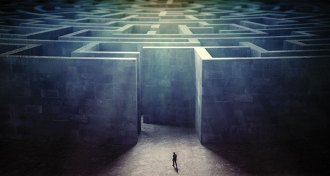 Neuroscience
NeuroscienceSigns of Alzheimer’s seen in young brain’s GPS cells
Signs of Alzheimer’s can show up in the brain’s compass decades before symptoms strike.
By Meghan Rosen -
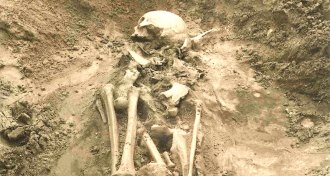 Anthropology
AnthropologyPlagues plagued the Bronze Age
Ancient bacterial DNA provides first clues to Bronze Age plagues in Europe and Asia.
By Bruce Bower -
 Health & Medicine
Health & MedicineHollywood-made science documentary series comes to TV
Breakthrough series gives a closer look at scientists at work.
-
 Neuroscience
NeuroscienceSigns of Huntington’s show up in the brain in childhood
Hints of Huntington’s disease show up in the brain long before symptoms do.
-
 Humans
HumansAn amusing romp through word histories
From ak to wid, a new book makes etymology fun.
By Nathan Seppa -
 Chemistry
ChemistryNanoparticles in foods raise safety questions
As scientists cook up ways to improve palatability and even make foods healthier, some are considering the potential health risks of tiny additives.
By Susan Gaidos -
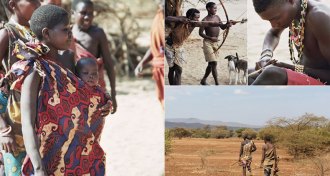 Anthropology
AnthropologySleep time in hunter-gatherer groups on low end of scale
Hunter-gatherer communities in Africa and South America have similar sleeping patterns as people living in postindustrial societies, researchers find.
-
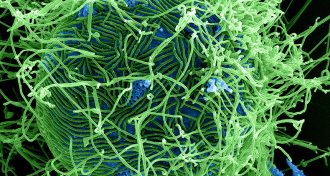 Health & Medicine
Health & MedicineFirst known case of sexually transmitted Ebola reported
A Liberian woman contracted Ebola in March by having sex with a survivor of the viral disease, researchers report.
-
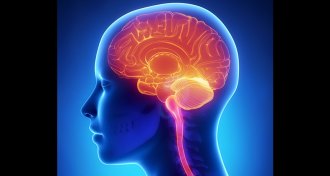 Neuroscience
NeuroscienceAdolescent brains open to change
Adolescent brains are still changing, a malleability that renders them particularly sensitive to the outside world.
-
 Humans
HumansU.S. is growing more genetically diverse
Young Americans are more genetically diverse than previous generations, a new DNA analysis reveals.
-
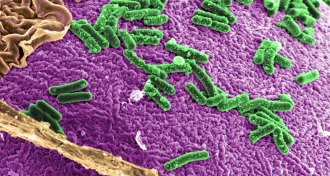 Genetics
GeneticsMicrobes may reveal colon cancer mutations
Certain microbial mixes are associated with particular DNA mutations in colon cancer, a new study suggests.
-
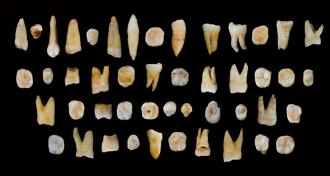 Anthropology
AnthropologyLong before going to Europe, humans ventured east to Asia
Cave finds indicate modern humans reached southern China long before entering Europe.
By Bruce Bower